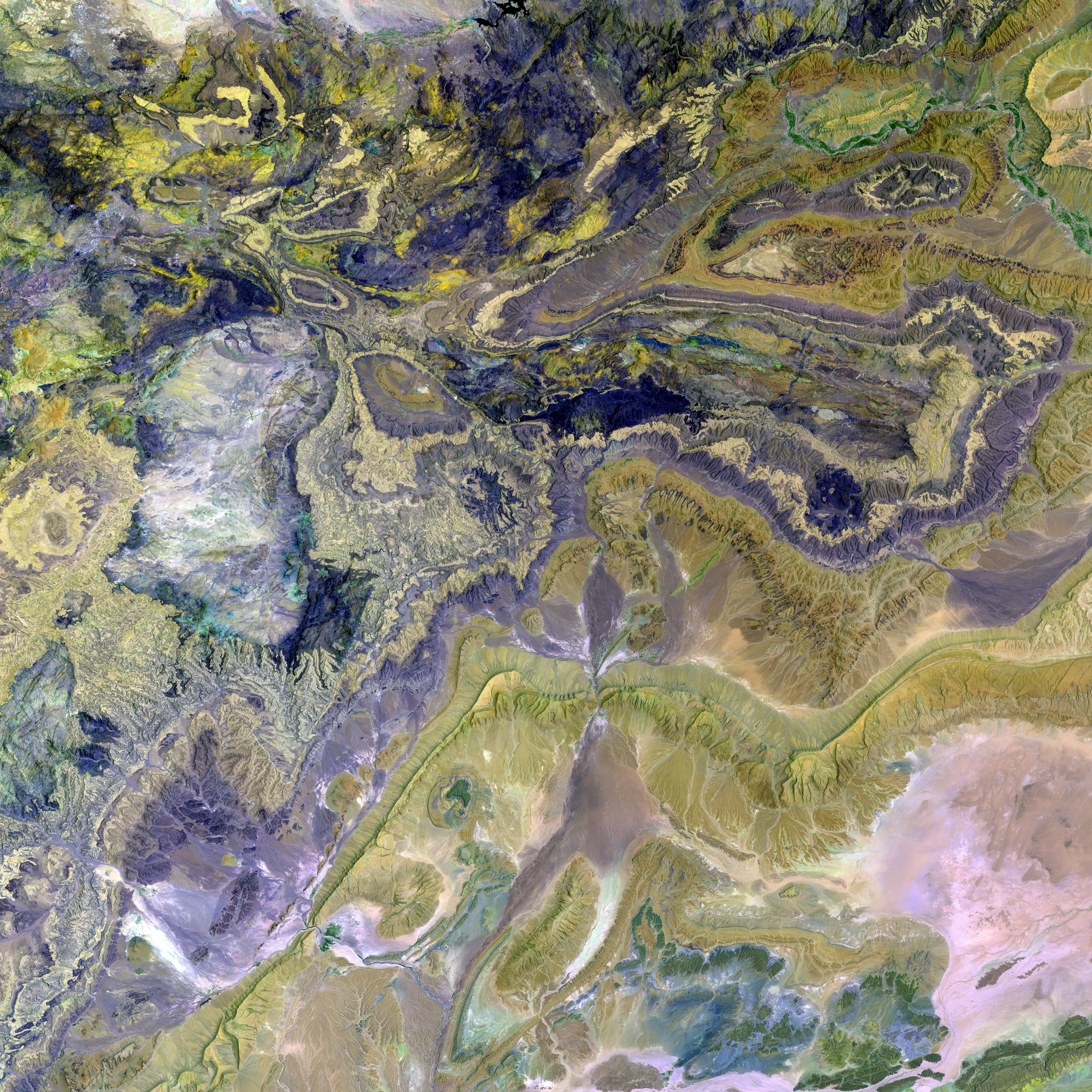Press Freedom Declines Alarmingly in the U.S. under Trump, According to RSF Report
The Unfiltered Scoop on Press Freedom:
It's a grim scene for journalistic freedom worldwide, according to Reporters Without Borders' (RSF) 2025 World Press Freedom Index. This year, press freedom levels hit rock bottom—reaching an all-time low in half of the world's countries, with only a quarter boasting satisfactory conditions.
RSF's annual review of media freedom globally paints a stark picture, highlighting the role of economic pressures sabotaging fact-based reporting. Many independent outlets struggle due to funding difficulties, leading journalists to lose their ability to resist disinformation and propaganda.
Online advertising spending is on the rise— projected to hit a whopping $247.3 billion by 2024—but unfortunately, a significant portion of this spending goes to tech giants like Facebook, Google, or Amazon instead of media companies. Anne Bocande, RSF's editorial director, acknowledges this shift as a major concern.
In the U.S., the situation has gone from bad to worse under President Donald Trump. The country dropped 13 places on the 2025 index to 57th position, following Trump's alleged weaponization of institutions, cutting of support for independent media, and sidetracking of reporters. The administrations' hostility towards media has led to a "news desert" in large parts of the U.S. Trump recently threatened legal action against The New York Times in another attack on the media.
The Committee to Protect Journalists (CPJ) echoed RSF's concerns, warning of declining press freedom in the U.S. and urging newsrooms to unite against the escalating threats they face. Argentina, under Trump ally Javier Milei, and Tunisia also suffered significant declines in press freedom.
Palestinian journalists reporting on Israel's bombardment of Gaza continue to face immense challenges, with the Israeli army destroying newsrooms, killing nearly 200 journalists, and imposing a total blockade on the strip for over 18 months. Meanwhile, Israel dropped further down the index and "continues to repress its own news media."
### Insights:
- Economic factors, such as ownership concentration, pressure from advertisers, and limited or opaque public funding, play a significant role in undermining media independence and media plurality.
- Tech giants like Google, Apple, Facebook, Amazon, and Microsoft dominate the dissemination of information and contribute to the spread of disinformation, making it challenging to maintain press freedom.
- Conditions deemed "satisfactory" are rare, with more than half of the world's countries suffering from "poor" or "very serious" press freedom issues.
- 42 countries, home to over half the world's population, have a press freedom situation classified as "very serious."
- Hong Kong, among other countries, has experienced a significant decline in press freedom, entering the "red zone" for the first time.
- Economic pressures, such as ownership concentration, advertiser demands, and unclear public funding, significantly hinder media independence and diversity worldwide.
- Tech giants like Google, Apple, Facebook, Amazon, and Microsoft control the distribution of news and contribute to the dissemination of misinformation, limiting press freedom.
- Only a quarter of countries globally have conditions deemed satisfactory, whereas half of the world sees press freedom at poor or very serious levels.
- Forty-two countries, home to over half the world's population, face "very serious" press freedom issues.
- Journalists in countries like Hong Kong face increasing threats to press freedom, with the situation worsening to the point of being classified in the "red zone" for the first time.










